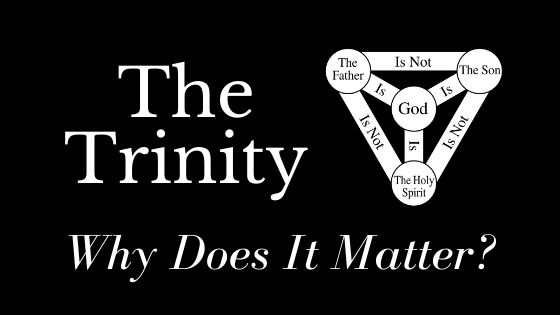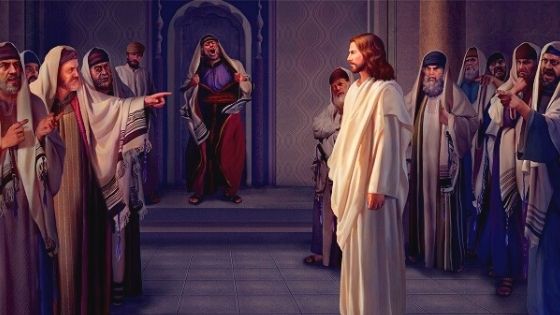The Spiritual Gifts in the Bible
1 Corinthians 12:1-11 focuses on spiritual gifts in the church. What are these spiritual gifts and do they still exist today? Spiritual gifts are divine enablements for ministry that the Holy Spirit gives in some measure to all believers. They literally mean spiritual qualities or characteristics that are under the control of the Spirit. And … Read more










